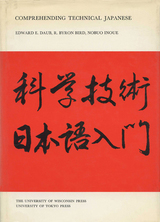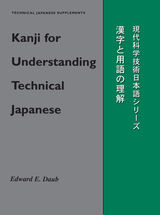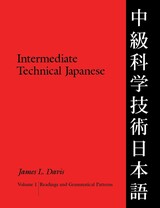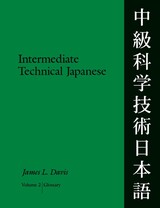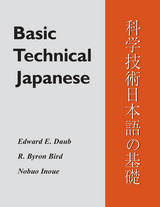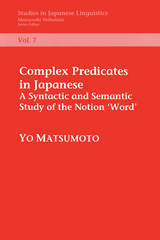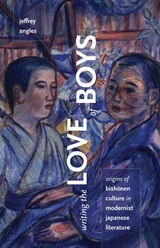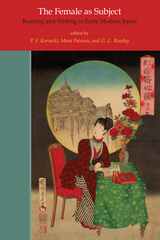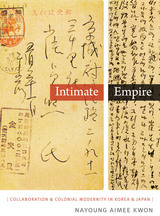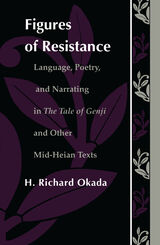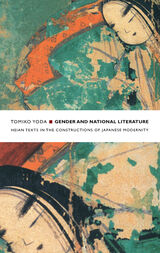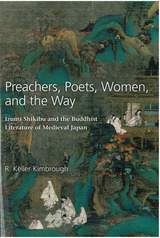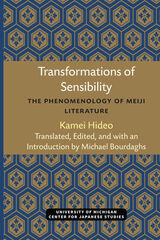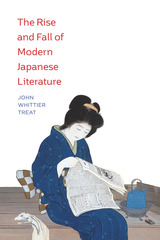Cloth: 978-0-674-38715-7
Library of Congress Classification PL721.T32V54 1989
Dewey Decimal Classification 895.609351
For a thousand years Heichū has appeared and reappeared in Japanese literature, always a grand but fickle lover, and usually a hapless one. One of the earliest references to him, an allusion in The Tale of Genji to his having blackened his face inadvertently with ink, reflects the comic strand that has run through stories of his career from the beginning. Yet the eleventh-century Heichū monogatari in the uta monogatari form provides narrative occasions for 153 poems of great beauty and force. In this earliest version, Heichū is romantic, pensive, touched as much by pathos as by humor.
In Heichū Monogatari and the Heichū Legend, Susan Downing Videen translates the Heian Tale of Heichū, traces the legend from its origins in the life of the court poet Taira no Sadafun through many literary developments over the centuries, and discusses successive versions critically with translations of relevant episodes and tales.
See other books on: Cultural & Ethnic Studies | History and criticism | In literature | Japanese literature | Tales
See other titles from Harvard University Press

